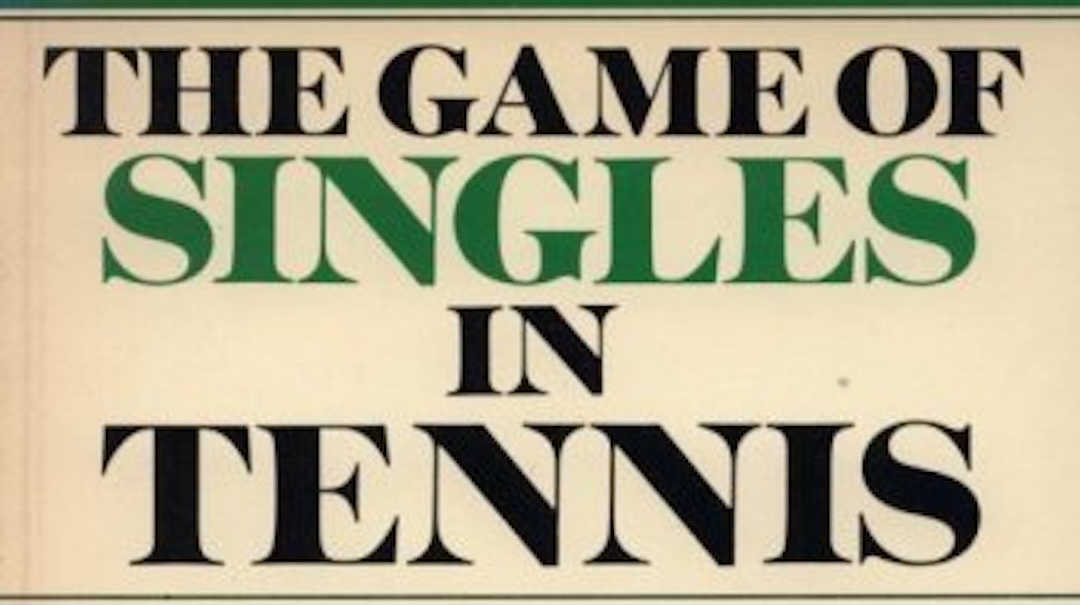Tennis Hits the Books
Slightly over a decade ago, Venus Williams was the lead author on a book about how athletics has shaped highly successful business leaders. The premise of the book is that athletic competition develops essential life skills including teamwork, problem solving, resilience, time management, and commitment. Those attributes are also important in the boardroom. Some of the leaders featured in the book competed professionally. Other contributors played collegiate and junior sports.
Venus directly wrote the preface of Come to Win: Business Leaders, Artists, Doctors, and Other Visionaries on How Sports Can Help You Top Your Profession. She outlined the premise of the project and her essay illuminated her own thoughts on leadership and entrepreneurship. Venus was prescient about her future. As a prime example, she indicated that she enjoyed playing tennis and envisioned competing for years to come. In retrospect it shouldn’t come as much of a surprise that she is still competing over a decade later.
Even as an emerging teenaged tennis sensation, Venus wanted to play tennis and pursue education. The entrepreneurial spirit was already firmly entrenched in her self-identity. She inherently understood that launching businesses while she was still playing would enable her to use her own name to market her endeavors. Her tennis sportswear line EleVen had already launched when Come to Win was written and she was already involved with many other business endeavors.
The body of the book is essentially a series of essays written by other business leaders detailing how athletics have benefited them personally. Since I purchased my book primarily because of the tennis leadership connection, I was mildly disappointed that Venus only weighed in via the preface. Additionally, since each chapter was an independent interview with each business icon, some of the points raised became repetitive. An alternative way to look at it is that the lessons learned from athletics were consistent across many of the contributors.
The book was not completely bereft of other tennis stars. Billie Jean King is an almost obligatory inclusion. When compared with King’s recent autobiography “All In,” King’s essay was a mild disappointment. That chapter is one dimensional and shallow to anyone who has already read “All In.”
It is striking how many of the business leaders that participated in the project casually mentioned that tennis was also a part of their formative years in sports. As a prominent example, Robin Roberts was a NCAA Basketball standout who is now better known for her television work. She was awarded a tennis scholarship rather than a basketball scholarship as a freshman at Southeastern Louisiana University.
As it turns out, there are a lot of business leaders who place high stock in preparation and practice. How to practice was a recurring theme throughout Come to Win. Variations include “make the practice harder than the game.” Also, “practice makes perfect.” That also gives rise to the obligatory “perfect practice makes perfect.” Practice, practice, practice.
Some of the thoughts shared on teamwork were more insightful. Team sports teach the importance of roles and specialties, which is true of teams in the business world as well. Teams need diversity of skills, thoughts, and experience. It is important to have the right people in the right roles. Additionally, great leaders will understand that it is important to leverage strengths rather than trying to correct shortcomings.
One chapter was contributed by Sir Richard Branson. His athletic endeavor was “adventure sports.” He freely penned that adventure sports aren’t like playing sports in school. A purchased adrenaline rush demonstrates a willingness to take risks, but otherwise doesn’t share the fundamental attributes of personal development as the more traditional team and individual sports.
Rather than focusing exclusively on winning as suggested by the title, the book also included ample material on the agony of defeat. Losing is the crucible of experience where lessons can be learned that ultimately drive improvement. Failure is never a bad thing as long as something was learned from the experience. Failure is a valuable source of information.
Meg Whitman’s essay contained a quote that serves as the ultimate summary of Come to Win: Business Leaders, Artists, Doctors, and Other Visionaries on How Sports Can Help You Top Your Profession. “Without sports, almost certainly I would not have been the same person I am today.” I couldn’t have said it better myself.
 | Come to Win: Business Leaders, Artists, Doctors, and Other Visionaries on How Sports Can Help You Top Your Profession |



